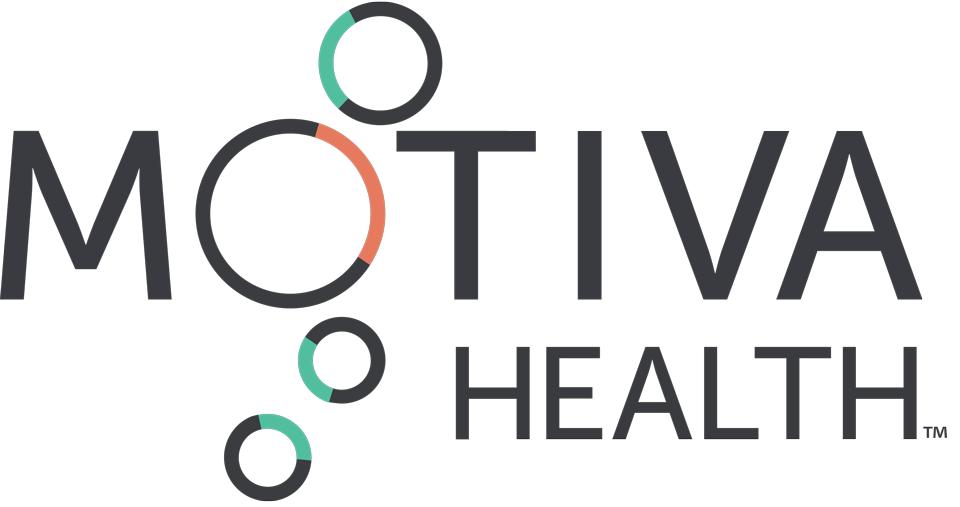What “Diet” is Best for YOU?
What “Diet” is Best for YOU?
Today, we are faced with an abundance of nutrition-related literature, claims and statements, much of which can be quite contradictory in nature. Bob in HR lost 50 lbs when he went Vegan, whereas Peggy in Accounting swears by the meat-inclusive Paleolithic diet. A research-backed website article encourages us to go gluten-free, but we repeatedly hear about the importance of including whole grains (many of which are gluten-full) in our diets. Furthermore, it seems as though every year, an avalanche of new information comes to fruition when it comes to nutrition and diets. What’s all the hype about the new popular fads - the “food combining” diet, the all-fruit trends, and for goodness sake, are people really surviving and thriving off of cookies only? (We are shaking our heads over here.) This overload of information and difference in opinions can leave folks confused and overwhelmed when it comes to nutritional choices. What’s our advice? Get back to the basics, ditch the “fad” diets, and focus on what’s good for us, collectively, as well as what’s best for you, as an individual.
We’ve included a set of guidelines that apply to all, as well as some points of consideration to help you discover your physiological uniqueness as well as respect your personal preferences.
Basic reminders for all:
Adhere to a whole-foods pattern that’s natural and organic. This means eating foods in their natural form and avoiding processed foods, added sugars, refined grains, vegetable oils, added hormones/antibiotics, pesticides, and food additives. This will promote adequate intake of nutrients, fiber, and antioxidants while helping you to steer clear of toxins and ingredients that don’t serve you!
Choose produce that is local and in-season. Opting for foods that are grown closer to you will ensure you are getting the produce at the peak of its freshness and nutritional value. Additionally, eating seasonally may prompt you to expand your horizons by trying foods you may have not otherwise explored - this encourages food diversity and therefore a better variety of micronutrients.
Pay attention to macronutrient ratios and manage your daily portions. When it comes to protein/fat/carbohydrate ratios and portion sizes, we encourage you determine what’s healthy for you based on your individual needs. However, as a start, you might use the guidelines offered by Bauman College of Holistic Nutrition and Culinary Arts, which suggest three portions of vegetables to one serving of protein and one serving of fat in a meal. You might also explore their chart for suggested daily servings.
Opt for healthy fats. Limit saturated or trans fats and consume foods high in omega 3's and omega 6’s like avocados, nuts, chia seeds, olive oil and fish such as salmon, halibut, mackerel and sardines. A myriad of benefits may result from an increase in healthy fats, such as a reduction of inflammation, better cardiovascular health, and improved brain function and mental well-being.
Stay hydrated and choose beverages wisely. Drink mainly water and herbal teas, minimize caffeine, and opt for unsweetened drinks. A good target for daily water intake is half your weight in ounces (e.g. 75 oz for one who weighs 150 lbs). However, remember that other factors such as activity level, age, weather conditions, digestive power and level of toxins in the body play a role as well. Have a goal in mind but also consider that your needs evolve and be mindful of your body’s nudges and cues throughout the day. For more tips on hydration, read 7 Things You Didn't Know About Hydration.
Steps to identify what’s best for YOU:
Talk to a nutritionist or healthcare provider about your chronic conditions or ailments. Special conditions often warrant dietary adjustments. For example, one with a condition such as rheumatoid arthritis may be advised to minimize meat and/or dairy consumption in order to promote the reduction of inflammation. These folks (along with others who become vegetarian/vegan or reduce meat intake) will want to ensure adequate consumption of complete proteins, which contain all 9 of the essential amino acids that are not naturally produced by our bodies. This can be achieved by consuming foods such as tempeh, buckwheat, tofu, quinoa, and pairing rice with beans.
On the contrary, one with a nutrient deficiency may be encouraged to incorporate meat into their diet (if this action aligns with cultural and personal beliefs); meat can provide for an excellent source of protein and nutrients. Beef, for example, is rich in vitamin B12 and high in minerals such as zinc and selenium. Beef liver is even more nutrient dense, and provides for one of the best sources of folic acid and copper. Note that meat consumption should consist of USDA Certified Organic, grass-fed options. It is also advisable to avoid charbroiled, fat-laden, well-done and cured meats.
It’s not just about meat - special considerations might apply to foods like fruits and veggies too. One with diabetes, hypoglycemia, or another form of impaired glucose regulation will need to opt for fruits and vegetables with a low glycemic index and glycemic load as they will have less of an impact on blood sugar levels. Another example applies to those that have certain thyroid conditions. These individuals should cook or steam cruciferous vegetables to inactivate goitrogens, which may interfere with thyroid function.
For more examples of need variations, check out Nutritional Considerations for Common Conditions.
Identify food allergies, intolerances, and sensitivities. It’s no doubt that the prevalence of food allergies, intolerances, and sensitivities are on the rise. Allergies and intolerances tend to be apparent, whereas food sensitivities may be more difficult to detect. This is because a sensitivity typically does not lead to an immediate reaction; rather, symptoms may be delayed and more subtle in nature, sometimes arising even a few days after consumption. For example, those with a gluten sensitivity may experience delayed symptoms such as fatigue, inflammation, and/or digestive disturbances following consumption of foods containing the grains wheat, barley and/or rye. Other common foods associated with sensitivities are dairy products, eggs, corn, pork, beef and citrus; however, almost any food can be a culprit. We suggest an elimination diet to help identify the foods that might be hindering optimal health and well-being.
Listen to your body, and your intuition. It is clear that one size does not fit all when it comes to the “diet” that’s best. Every individual has his or her own unique biochemistry, family history, and system of beliefs; each of us has distinctive nutritional needs for optimal well-being. From lab reference ranges for nutrients to the latest food group guidelines, these are often just that - guidelines. Work with a trusted healthcare practitioner who takes a holistic view and be attentive to your body and your values - make decisions that align with your physiological needs and personal preferences.
Here are a few journal prompts to help guide you through self-discovery:
Are there any values, cultural influences or beliefs that you hold that may impact your food choices?
Compare instant gratification with true nourishment - what are some differences? What foods provide you with nourishment?
Consider your biochemical individuality: Are there any genetic influences in your ancestry that impact your nutritional needs? Do you have any chronic conditions or specific health concerns? Are there any factors in your environment that may have an impact on your nutritional status?
Are there any vitamins or minerals that you know or that you suspect you are deficient in? Have you tried increasing your consumption of specific nutrients through your diet and if so, what effect has this had on your well-being?
Keep a diet diary for one week, recording food and liquid intake as well as any symptoms you experience. What do you notice about your food choices? Consider food quality and quantity, diversity, balance of protein/fat/carbohydrates, water intake, etc. What nutritional changes might be beneficial?
Do you suspect you have any food sensitivities? Consider the elimination diet - what foods might you consider eliminating for at least three weeks and what impact do you predict this might have on your health and well-being?
Have ideas for nutritional changes but need to create a concrete action plan? Read our next article.
Medical Disclaimer
The information and reference guides in this website are intended solely for the general information for the reader. The contents of this web site are not intended to offer personal medical advice, diagnose health problems or for treatment purposes. It is not a substitute for medical care provided by a licensed and qualified health professional. Please consult your health care provider for any advice on any exercise, medication, nutrition, or supplementation.

